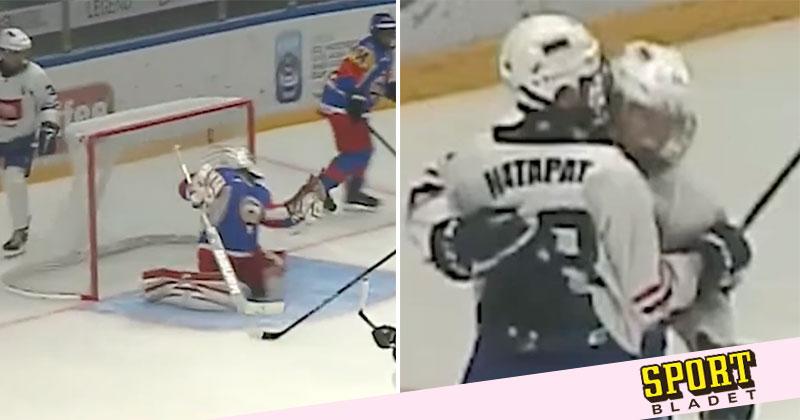featured

Peru: Ana Estrada dies, the first patient to undergo euthanasia after achieving the country’s recognition of the right to assisted death
Photo caption, Ana Estrada suffered from polymyositis, a rare and degenerative disease.Article information Author, Editorial Scroll, BBC News World April 22, 2024 Ana Estrada Ugarte died in Peru after undergoing a euthanasia procedure, after achieving …

Peru: Ana Estrada dies, the first patient to undergo euthanasia after achieving the country’s recognition of the right to assisted death
Photo caption, Ana Estrada suffered from polymyositis, a rare and degenerative disease.Article information Author, Editorial Scroll, BBC News … Read more
:quality(85)/cloudfront-us-east-1.images.arcpublishing.com/infobae/CD4GU4LIOFFZXFWRHYPAGR4MFI)
Carlos Tevez was discharged after spending the night hospitalized due to severe chest pain
Carlos Tevez rests at home after having entered a clinic due to severe chest pain (EFE/ Juan Ignacio … Read more

Thailand U18 beat Kuwait 57–0 in ice hockey
Published 2024-04-24 18.39 share-arrowDela unsaveSpara Kuwait made debut in Asian and Oceanic U18 Ice Hockey Championship. They didn’t … Read more

Noboa defends the assault on the Mexican Embassy in Quito to avoid a “new mockery” of Ecuador
MADRID, 8 Abr. (EUROPA PRESS) – The president of Ecuador, Daniel Noboa, has vindicated this Monday the decision … Read more

Paolo Guerrero would arrive in Lima from Rio de Janeiro to agree to his departure from the UCV
Photo: ANDINA Paolo Guerrero would arrive in Lima this afternoon after boarding a flight from Rio de Janeiro … Read more


